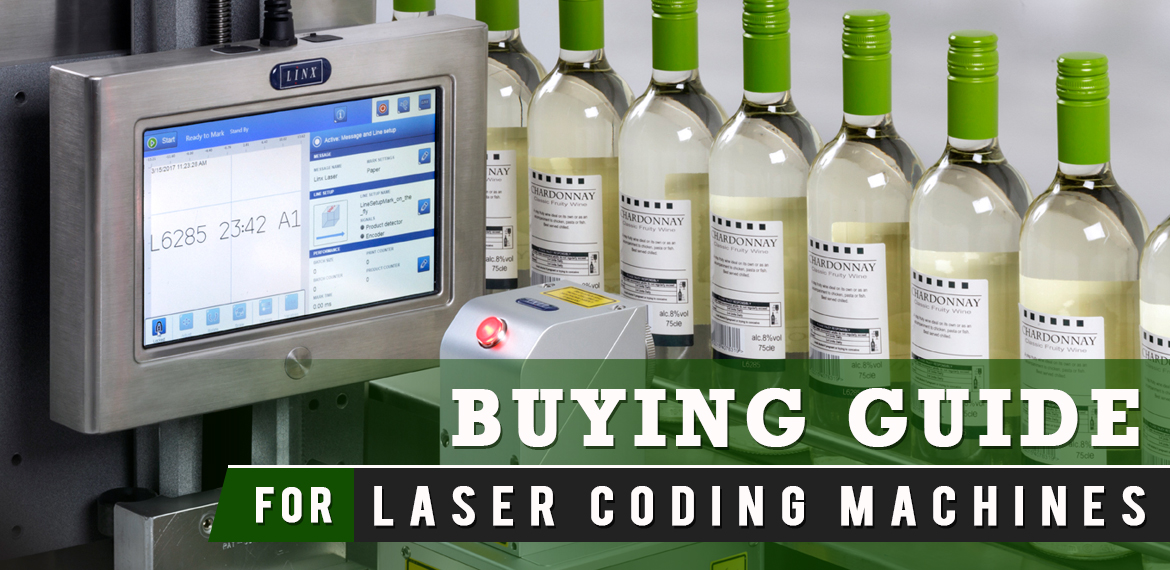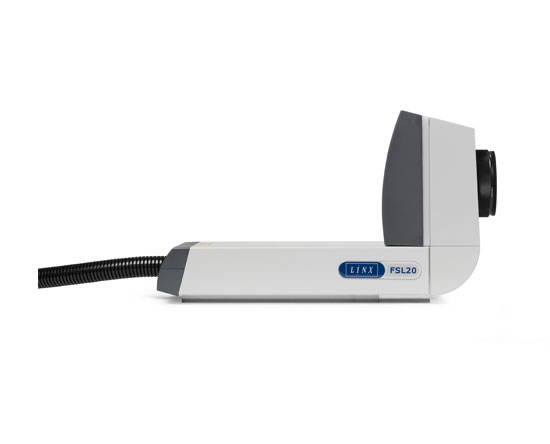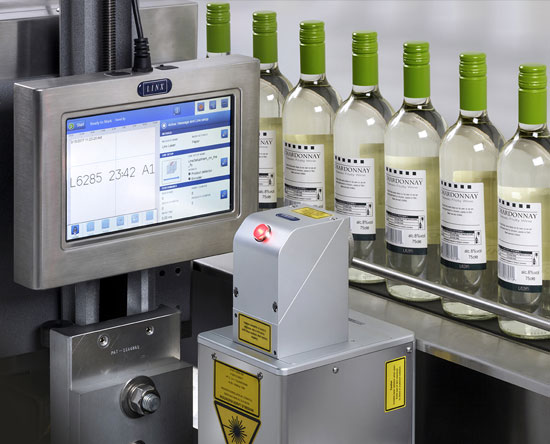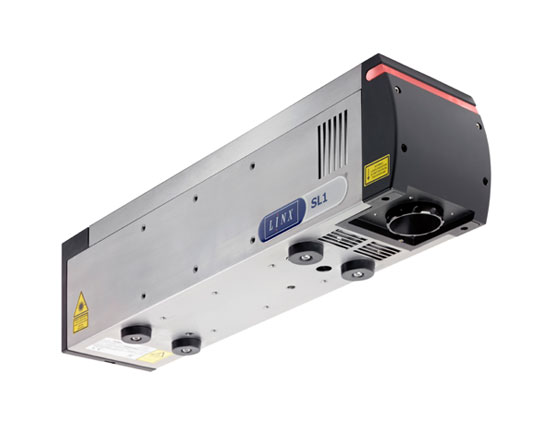You’ve decided that your assembly line will benefit the most from a laser coding machine above other types of industrial printers. However, you might still be surprised by the number of coders you can choose from. In some cases, you may even have a whole catalogue of options to work with.
So, how can you easily find the laser coding machine that best fits your business needs?
Simple: ask the right questions to narrow down your options. Here’s a buying guide listing down 7 questions you’ll want to ask when choosing a laser coding machine.
Laser Coding Machine Buying Guide: 7 Key Questions to Ask
1. How Many Labels Will You Be Printing?
It’s crucial to invest in a laser coding machine that can keep up with demands, especially when peak season hits. If you often deal with high quotas and production volumes, it pays to spend a bit more for a fast, powerful coder. Take the Linx CSL60 for example–it can code up to 2100 characters per second.
2. How Much Data Will Go into One Label?
Finding out that shady entities are replicating your bestsellers can be painful. To prevent this from happening, your products may need finely detailed anti-counterfeiting features. However, this also means you’ll be packing a lot of data into a small space on your product.
Fiber laser coders like the Linx FSL20 and FSL50 are built exactly for this purpose, thanks to their ultra-fine spot size and beam quality. They can also be used to print promotional codes and label small products.
3. How Big Will the Laser Markings Be?
Fields such as the food industry often require large codes that can easily be read. You can account for this by purchasing a machine with a line height that meets your needs. One reliable printer for this is the economical yet flexible Linx CSL10, which can produce marks measuring 601mm in height.
4. What Will You Be Printing On?
Some substrates are traditionally harder to print on than others. Not all laser coding machines can produce marks on glass or PET, either. If you’re dealing with bottles or rubber products, you’ll need a powerful coder like the Linx SLHP and its 120-watt laser.
5. What IP Rating Does Your Facility Demand?
Place a delicate coding machine in an extreme environment, and you’ll soon find yourself looking for a new coder all over again. Be sure to check laser coding machines’ IP ratings to get an idea of a given coder’s resilience.
For example, the Linx CSL30 coder has a default rating of IP54, making it resistant against dust deposits and water splashes from all directions. This rating is more than enough for most manufacturing facilities. However, you can have this same printer upgraded to a rating of IP65, which indicates protection against all dust ingress as well as low-pressure water jets. Printers with this IP rating can survive demanding washdown environments.
6. Do You Need a Compact Laser Coding Machine?
To maximize space on your assembly line, you may need a laser coding machine that is both powerful and compact. Fortunately, manufacturers have accounted for this by producing lightweight coders that can be easily adapted. These printers include the fast and flexible Linx SL1, which comes with multiple mounting points and configurable lens options.
7. Does Your Supplier Offer Training for Operators?
If you’re installing a brand-new cutting-edge laser coding machine for your facility, your employees need to know how to use it! The best laser coding machine suppliers can teach your workers how to handle the new machine. Your employees might even receive a crash course on basic troubleshooting, which will prove invaluable down the line.
ALSO READ: Thermal, Laser, and Inkjet: 3 Important Types of Industrial Printers
Remember these 7 questions, and you can easily pick out your top options even if you’ve started with a whole catalogue of coders. It’s still a good idea to consult an industry expert before finally buying a particular laser coding machine, however.
Why not inquire with Elixir? For over 25 years, Elixir has offered cutting-edge coders and printers together with aftersales services for its Philippine customers. Expect no less than fast response times, customizable solutions, and professional technical support from us. Contact us today!
Liked this post? Visit our blog for more useful guides and articles about industrial printers and other equipment.




